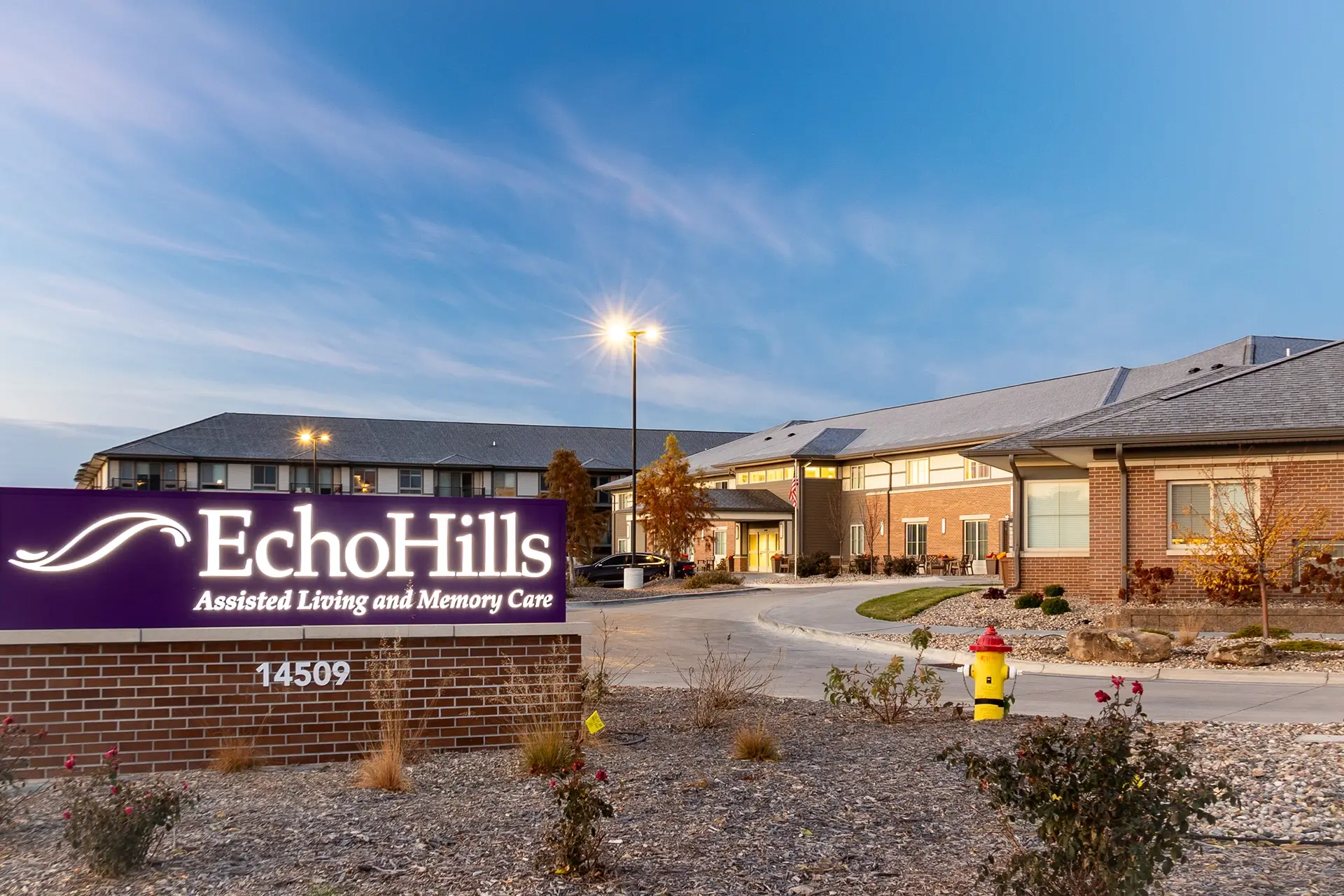What to Expect in Memory Treatment: A Thorough Overview to In-Home Provider
As families come to terms with the difficulties of caring for a person with memory loss, the realm of at home solutions uses a lifeline of support and specialized care. Recognizing what to prepare for in memory care is vital for ensuring the well-being of both the individual with memory disability and their caregivers.
Daily Tasks and Regimens
Engaging in structured everyday tasks and routines is a basic component of giving high quality care for people in memory treatment centers. These tasks are carefully made to satisfy the particular demands of locals with cognitive problems, such as Alzheimer's illness or dementia. Daily routines play an essential role in keeping a feeling of familiarity, security, and function for individuals in memory treatment.

Moreover, day-to-day regimens help individuals in memory care facilities to feel more oriented and less nervous. Uniformity in tasks and timetables can minimize confusion and frustration, giving a feeling of security and convenience. Caregivers and personnel play an essential function in assisting in these tasks, ensuring that each resident gets customized and caring care tailored to their distinct preferences and abilities.
Specialized Treatment Provider
Within memory care facilities, specialized care solutions are vital to address the one-of-a-kind demands and challenges dealt with by people with cognitive disabilities such as Alzheimer's illness or dementia. These services are created to give tailored support that deals with the certain demands of homeowners dealing with memory loss. Specialized treatment solutions in memory treatment centers typically include customized treatment plans, assistance with activities of daily living, medication monitoring, and behavior treatments focused on boosting high quality of life and decreasing distress.
In addition, memory care centers typically offer organized programs and activities particularly created to stimulate cognitive feature and promote social interaction among homeowners. These tasks may include memory-enhancing workouts, sensory stimulation treatments, and reminiscence therapy sessions. In addition, specialized care solutions usually include normal monitoring of citizens' health and well-being by trained team participants that are equipped to handle the unique difficulties related to cognitive decrease.
Security Actions and Atmosphere
Applying stringent precaution and developing a secure setting are paramount concerns in memory treatment facilities to make certain the well-being and security of locals with cognitive problems. Safety in memory care begins with safe and secure building design, consisting of locked doors and kept track of entrances to avoid citizens from straying outdoors unsupervised. Additionally, centers usually have security system and surveillance cams to check residents and respond swiftly to any kind of emergency situations. Inside, the environment is thoroughly intended to minimize risks, with handrails, order bars, and non-slip flooring to avoid falls. Furnishings is set up to promote easy navigation, and potentially dangerous items are secured away or removed. Personnel get specialized training in taking care of emergency situations, de-escalating tough behaviors, and making sure the security of locals look what i found whatsoever times. Regular safety assessments are performed to identify and resolve any kind of prospective dangers without delay. By prioritizing precaution and maintaining a safe and secure atmosphere, memory treatment centers objective to give a encouraging and protective setup for people with cognitive disabilities.
Interaction and Interaction Strategies
With a concentrate on fostering purposeful communications and boosting lifestyle, efficient interaction approaches play an important function in supporting individuals in memory care facilities. Communication in memory treatment includes understanding the one-of-a-kind demands of homeowners that may have cognitive problems like dementia. Easy language, clear instructions, and non-verbal cues such as motions and faces are important tools for efficient communication. Caretakers should come close to citizens with regard, empathy, and patience, developing a helpful atmosphere where individuals really feel comprehended and valued.
Involvement strategies are likewise crucial in memory treatment, assisting locals stay energetic, stimulated, and linked to their environments. Charlotte Memory Care. By focusing on tailored communication and engagement approaches, memory care centers can improve the overall health and high quality of life for their residents.
Caregiver Assistance and Resources
Offered the vital duty caregivers play in implementing reliable communication and engagement find here strategies for residents in memory treatment facilities, giving adequate support and sources is important to guarantee the wellness of both the caregivers and browse around this web-site the individuals under their care. Caregivers in memory care settings commonly face unique challenges that can impact their physical and psychological well-being. To attend to these obstacles, various support systems and sources are readily available to assist caregivers in providing the finest feasible treatment.
One essential form of assistance is caretaker education and training programs. These programs furnish caregivers with the essential abilities and understanding to effectively handle the habits and symptoms related to memory loss. Furthermore, assistance groups offer caregivers the possibility to link with others that are experiencing similar challenges, supplying a feeling of area and understanding.

Verdict

Involving in organized day-to-day tasks and regimens is a basic part of offering quality treatment for people in memory treatment centers.Within memory care facilities, specialized care services are essential to attend to the unique demands and challenges dealt with by individuals with cognitive disabilities such as Alzheimer's condition or mental deterioration. Specialized treatment services in memory care facilities typically consist of customized treatment plans, assistance with activities of everyday living, medication management, and behavior therapies intended at improving quality of life and reducing distress.
Offered the crucial duty caretakers play in carrying out efficient communication and involvement techniques for locals in memory treatment centers, offering sufficient support and sources is important to ensure the well-being of both the caregivers and the individuals under their treatment. Daily activities, specialized treatment solutions, security actions, interaction methods, and caregiver support are key components of in-home memory treatment.